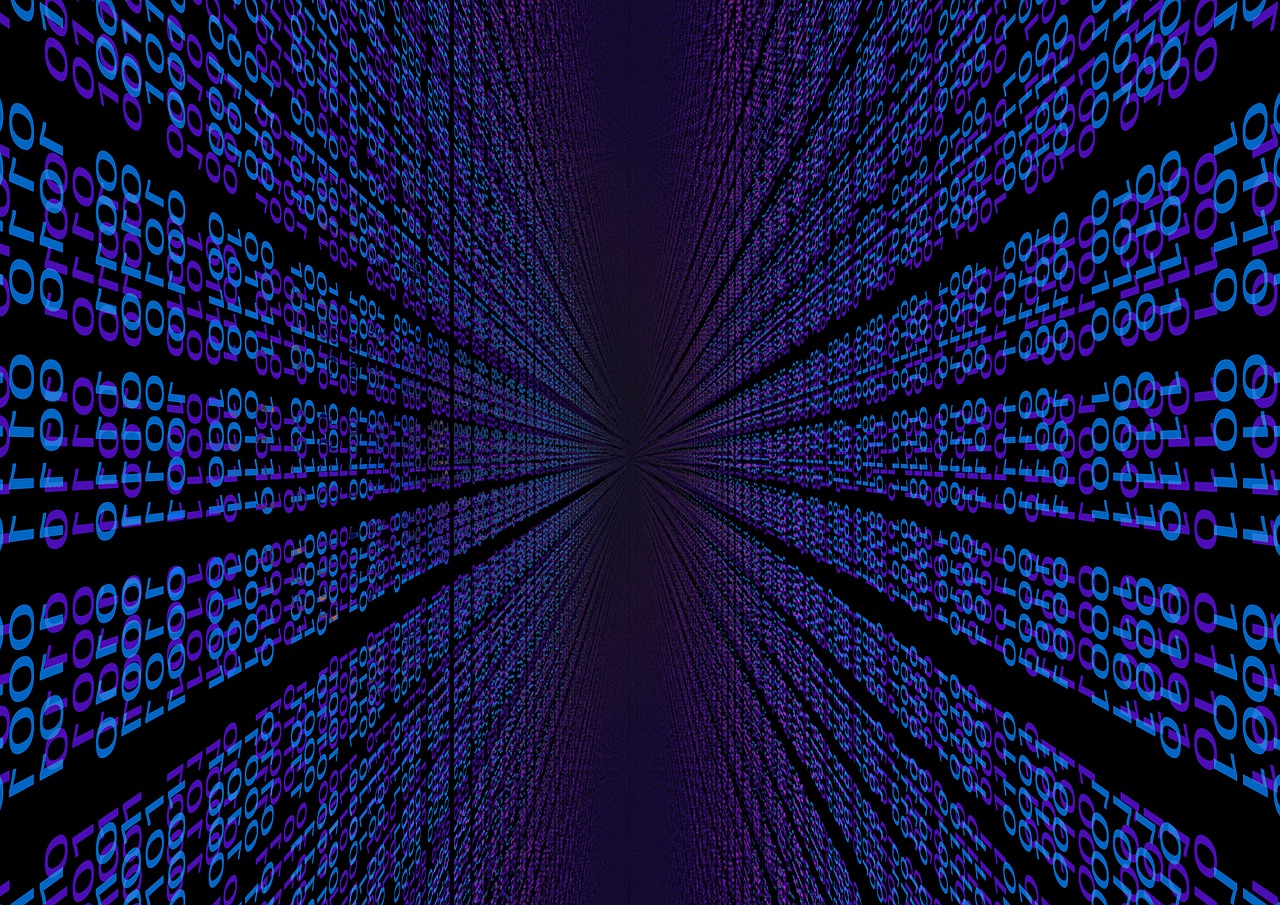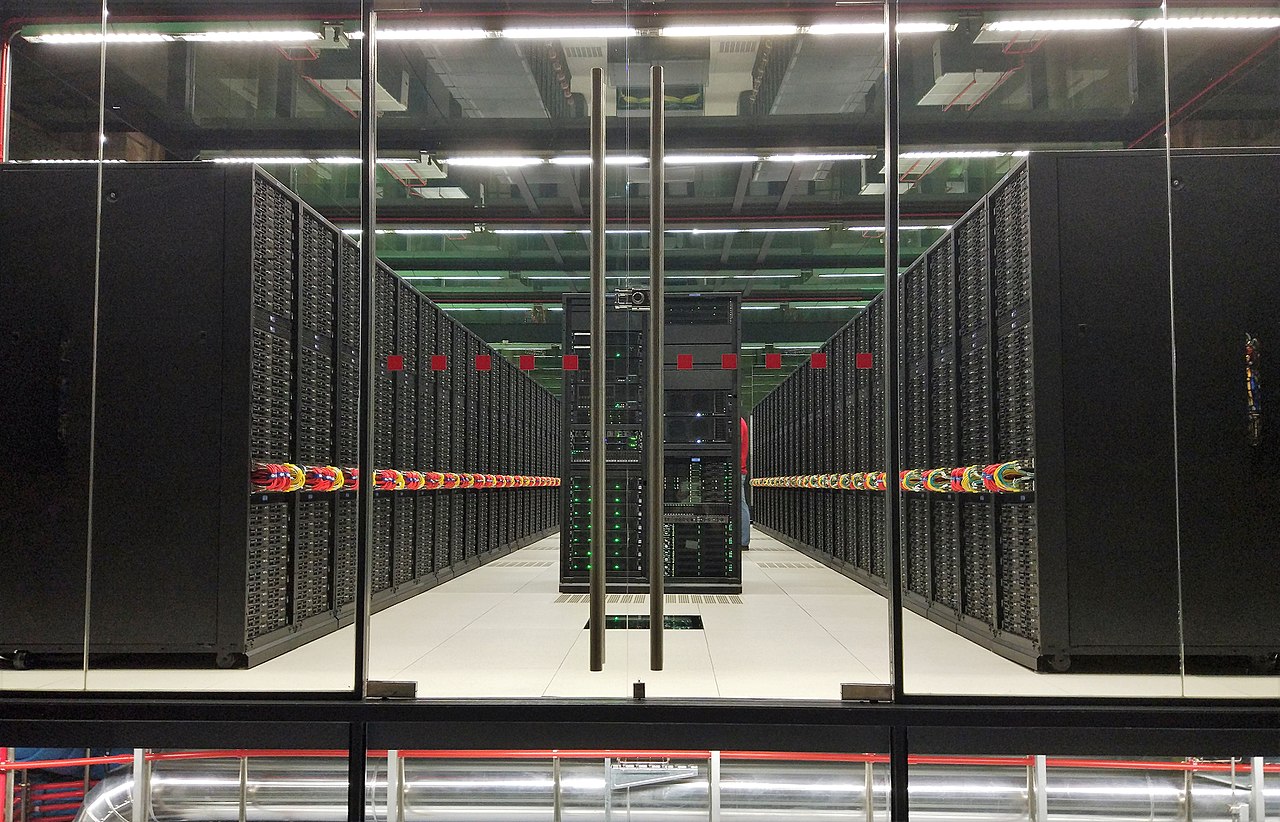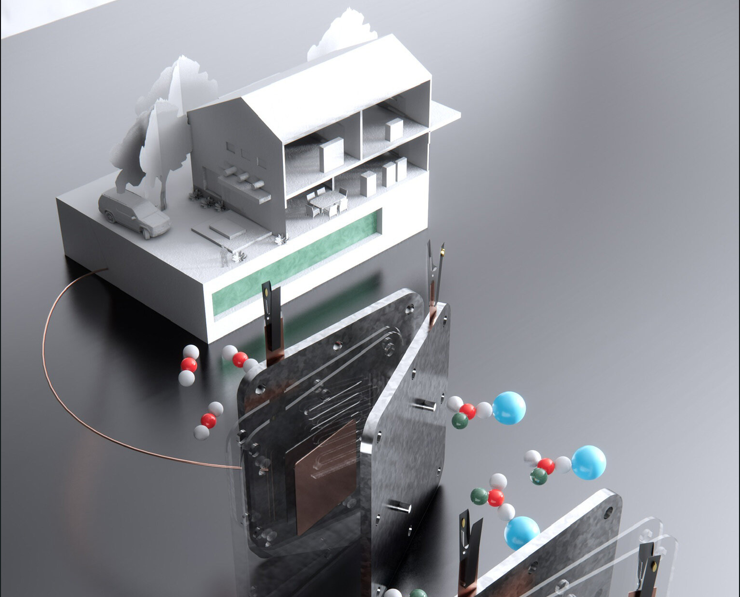Understanding Data Computing in Classical Computers
Have you ever wondered how letters and words gets stored and processed on your desktop, smartphone, laptop and hard drive? Do we really understand what happens when we press the letters on our keypads?
Currently there is the classical “bit” which is nothing more than an electrical state of “language” called Binary. This “bit” can either be presented in a “1” which is a positive electrical state or a “0”, which is a negative electrical state. These states are all predetermined. These “bits” are then added into an 8 “bit” word called a “byte” which presents a specific character i.e. a letter A. This single input into the processing stage will also be equal to the same single output of the processing stage.
Quantum Computing
With the use of superposition, the fundamental principle of quantum computing or processing is derived. What is superposition? It can be defined as taking two or more know classic bit/byte states and adding them together electrically in subatomic particles to create a transmission medium for the information known as “qubits”.
The resultant of the superposition will have a different valid quantum state than the original input states and represents the combination of the original input states. This will have a huge impact on the processing (analogue to digital and digital to analogue conversions – PCM) time and will require less power. Mathematically, it refers the Schrödinger equation where it states that the linear superposition of solutions (the original input states i.e. 0 and 1’s) will produce a linear solution, albeit different (qubits).
This means that the probabilities of measuring 0 or 1 for a qubit are in general neither 0.0 nor 1.0, and multiple measurements made on qubits in identical states will not always give the same result. To distinguish between these results, quantum logic gates using algorithms (0.0 and/or 1.0) have to be used instead of the classical logic gates (0 or 1’s)
Who Is in The Race?
With High Tech Companies like Google, IBM, Rigetti and D-Wave in the race, there are already experimental cloud based 20 qubit systems available to users.
In January 2019, IBM launched IBM Q System One, its first integrated quantum computing system for commercial use, opening up the playing field for new and existing computing experiences that will in the not too far future, be part of our everyday existence.







